The Reach Out and Read (ROR) Wisconsin Advisory Council is made up of 14 individuals from across the state who support our early literacy work. The Advisory Council includes, doctors, community leaders and business owners. These members all have a connection to and passion for literacy and the lifelong benefits programs like ROR provide. For a full list of our advisory council members, visit our website.
Our first member spotlight is one of our Advisory Council co-chairs, Wendy Molaska. Wendy is a family physician who has served on our council since ROR Wisconsin started in 2010. Prior to joining the Advisory Council, Wendy used ROR during her residency. She continues to use the program today as the ROR medical consultant for UW Health Cottage Grove. Now a mother of two, Wendy tries to find time every day to read aloud with her kids.
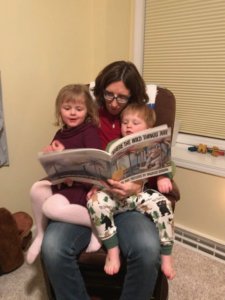
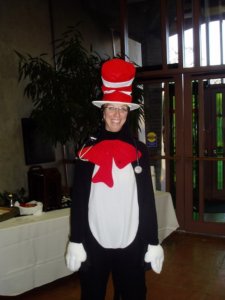
What is your background?
I am a family medicine physician working in Cottage Grove, Wisconsin. Originally from Wisconsin, I went to undergrad and medical school at the University of Wisconsin. I was first introduced to ROR when I started residency at the University of Minnesota working in an underserved inner-city clinic. When I moved to rural Colorado, my clinic there did not have a ROR program so I started a program. I then moved back to rural Wisconsin and again my clinic did not have a ROR program. By now, I couldn’t imagine practicing without the program, so I did all the fundraising myself and started yet another ROR program at my clinic in Platteville. Shortly after I started my program ROR Wisconsin started and I was honored to be asked to join the Advisory Council.
What are your favorite or funniest memories about reading as a child?
My dad would often read my brother and I bedtime stories. But before he started the book he would always tell his own version of a fairy tale. So we listened to Mac and the Cornstalk and Little Red Riding Hood. Except that in his version, Little Red Riding Hood was crossing the road and ‘Vrooom!’ a big Mack truck came and ran her over and that’s the end of the story! Then my brother and I would yell and complain say, “Daaad! That’s not a real story!” So then he’d be forced to read our book of the night.
If you have children, do you read aloud with them? How did you incorporate reading into your routine?
I have two young children and am a proud Reach Out and Read mama, as my kids love to read! We started reading to them as soon as they were born. We read before naps and bedtimes every day and whenever the kids want to read. They will often grab books during play times and bring them over to us to read. We went through periods where the kids would choose the same book over and over so I can still recite verbatim some of those books. Now they love to go to the library to pick out new books which means I get to read more variety. And it certainly is fun for the kids when they make me read The Book With No Pictures. “Glug, glug, glug, my face is a bug! I eat ants for breakfast right off the rug!

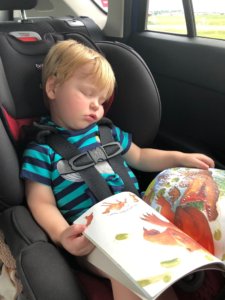
How did you get involved with literacy promotion? Why is it important to you?
I first became involved with literacy promotion through the ROR program in residency. My residency clinic was an inner city clinic and the patient population faced a lot of adversity. It was also a diverse patient population with Spanish, Hmong and Somali languages being common, in addition to English. During that time I saw how important books were for the patients. I also learned how important it was to discuss how to use books in the home as many parents did not have confidence in their own reading abilities but did want their children to do well in school. It was in stark contrast to how I grew up, as I was surrounded by books and loved going to the Book Mobile to pick out new books. The joke among my relatives was that my nickname was “Nose-in-a-book” and they didn’t know what I looked like because my face was always stuck in a book. This helped propel me to want to share the magic of books with others.
What advice would you give parents about reading?
The most important thing I talk about with parents in my clinic is that reading is not just about actually reading the words on the page. This is especially true with young children. The most important part of reading is spending the time together enjoying each other’s company and enjoying books. That can mean making up stories based on the pictures, using the pictures to play ‘I spy’ or even just having the child point to different things on the page.
I also emphasize that toddlers have short attention spans so even if they only seem to sit and pay attention for a minute or two that is actually great.
For older kids, I discuss with parents that reading can entail all kinds of different options. As kids develop their own interests, reading can be tailored to those interests. If that means comic books, non-fiction, magazines or video game manuals – it still counts as reading!
Lastly, I encourage parents to lead by example whenever they can. Being able to see a parent reading is important to showing children that reading is important all throughout our lives!

What is your favorite children’s book? Why?
This is a difficult question to answer as there are so many great children’s books! I love Hippos Go Berserk by Sandra Boyton just because who wouldn’t love hippos going berserk!

I love The Lorax by Dr. Seuss. Any of his books are great, even if many are tongue twisters! But The Lorax has such a great underlying message about taking care of the earth that it is timeless.

And I love The Book With No Pictures by B.J. Novak because it makes my kids giggle when mom has to say “My best friend is a hippo named boo-boo butt!”

What is the best book you’ve read recently?
A book I will never tire of and have read more than a dozen times, is A Girl of the Limberlost by Gene Stratton-Porter. This is more of a young adult book but the way it is written brings the imagery to life.
is A Girl of the Limberlost by Gene Stratton-Porter. This is more of a young adult book but the way it is written brings the imagery to life.
Eat, Pray, Love by Elizabeth Gilbert is how I imagine I would write if I wrote a novel,  points in time, often centuries apart. and I could intimately relate to this book. My current favorite authors are Ken Follett as I love historical fiction and his long tomes span many years really drawing you into the lives of his characters. Kate Morton’s books are also outstanding. She has a unique way of weaving her stories together using perspectives from different
points in time, often centuries apart. and I could intimately relate to this book. My current favorite authors are Ken Follett as I love historical fiction and his long tomes span many years really drawing you into the lives of his characters. Kate Morton’s books are also outstanding. She has a unique way of weaving her stories together using perspectives from different
Lastly, I will recommend Being Mortal: Medicine and What Matters in the End  by Atul Gwande. Most people don’t really understand what can happen at the end of life and this book really can provide perspective on what this can look like. As I always encourage my patients to have these difficult end-of-life discussions with their family and friends, this book helps the reader understand why these difficult conversations are important. Reading is the generally the last thing I do as I wind down my days.
by Atul Gwande. Most people don’t really understand what can happen at the end of life and this book really can provide perspective on what this can look like. As I always encourage my patients to have these difficult end-of-life discussions with their family and friends, this book helps the reader understand why these difficult conversations are important. Reading is the generally the last thing I do as I wind down my days.
And lucky for me, my ‘to read list’ continues to grow and grow.



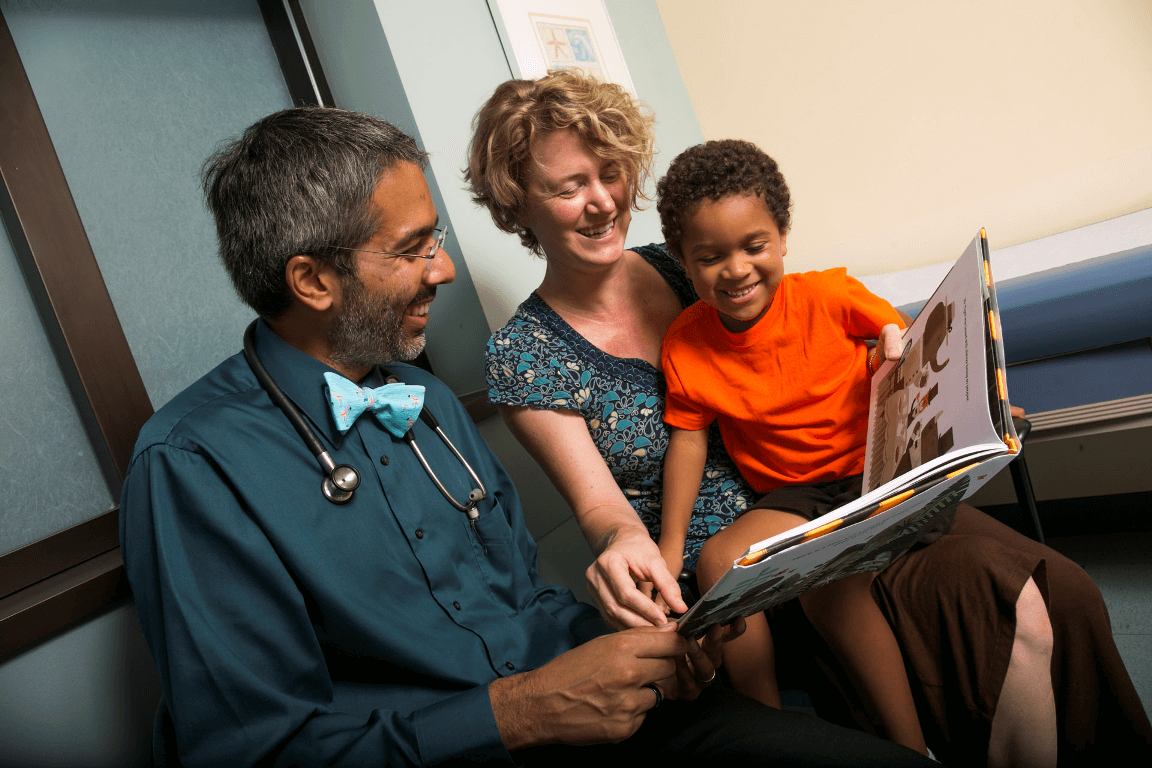
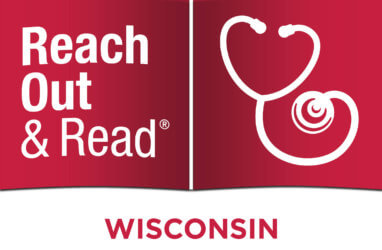
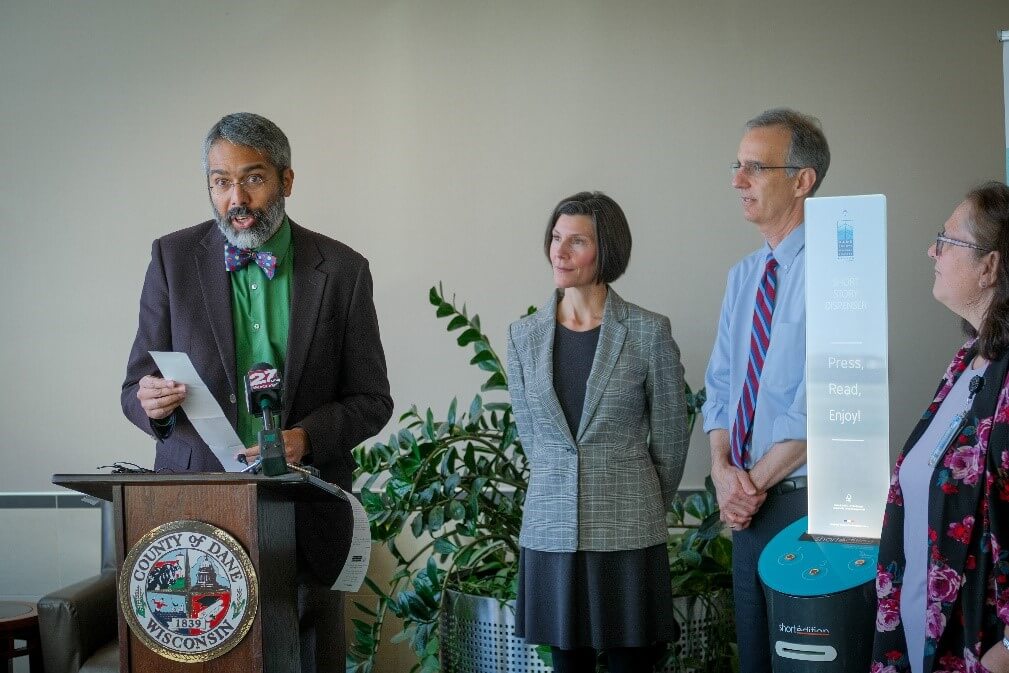


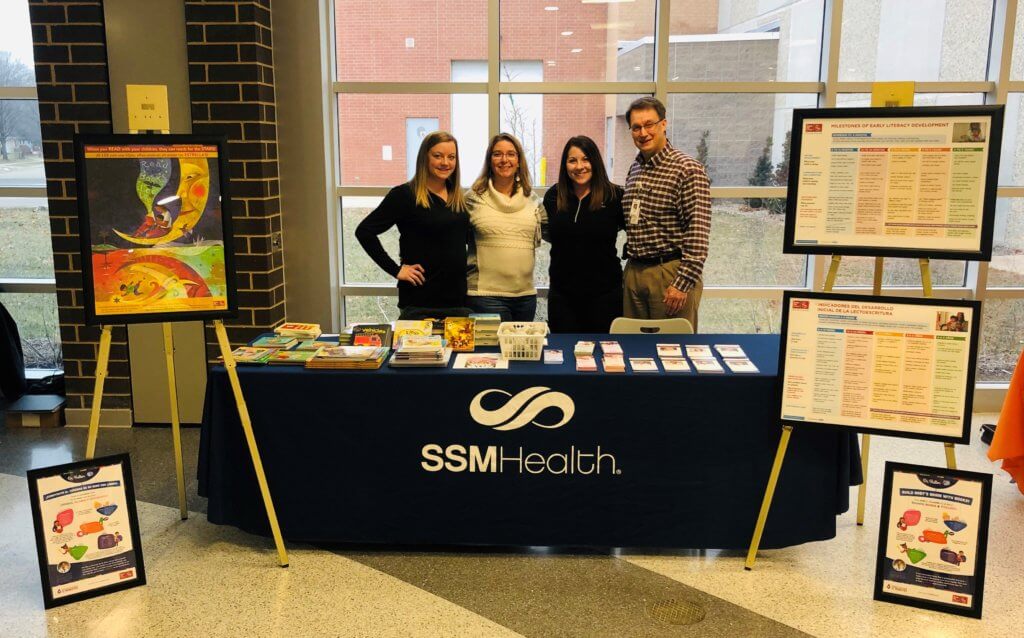
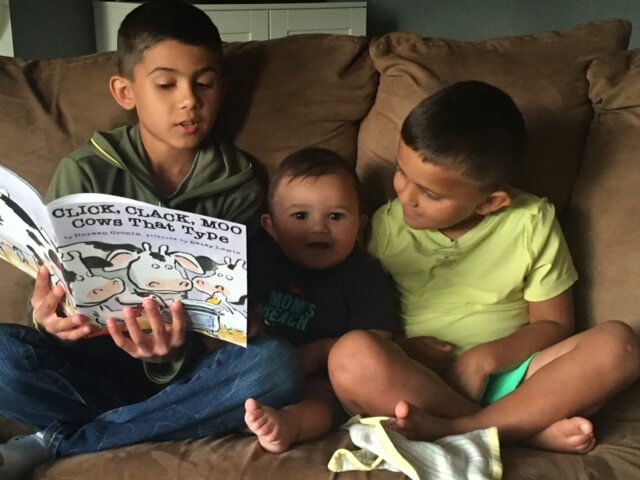
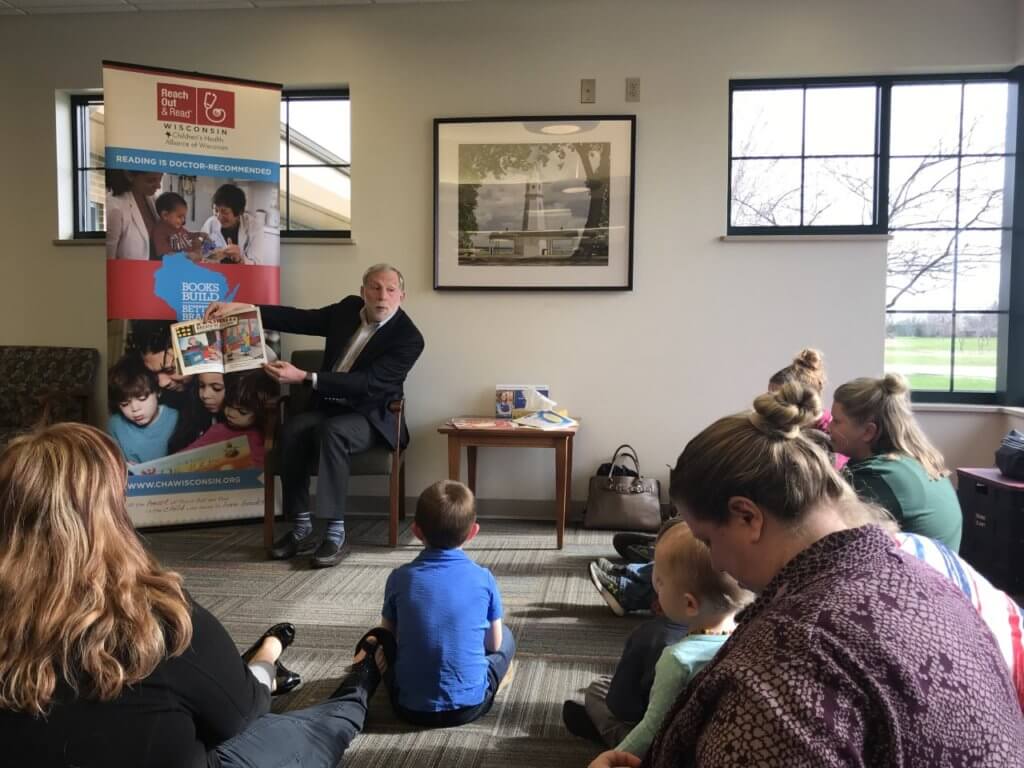
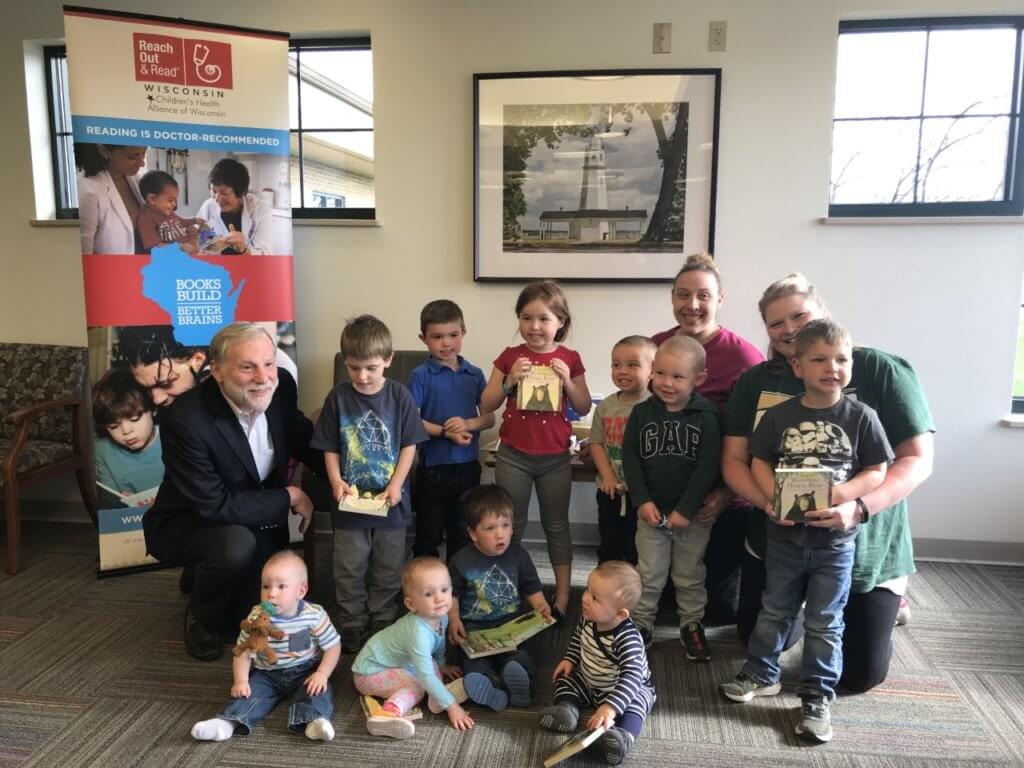
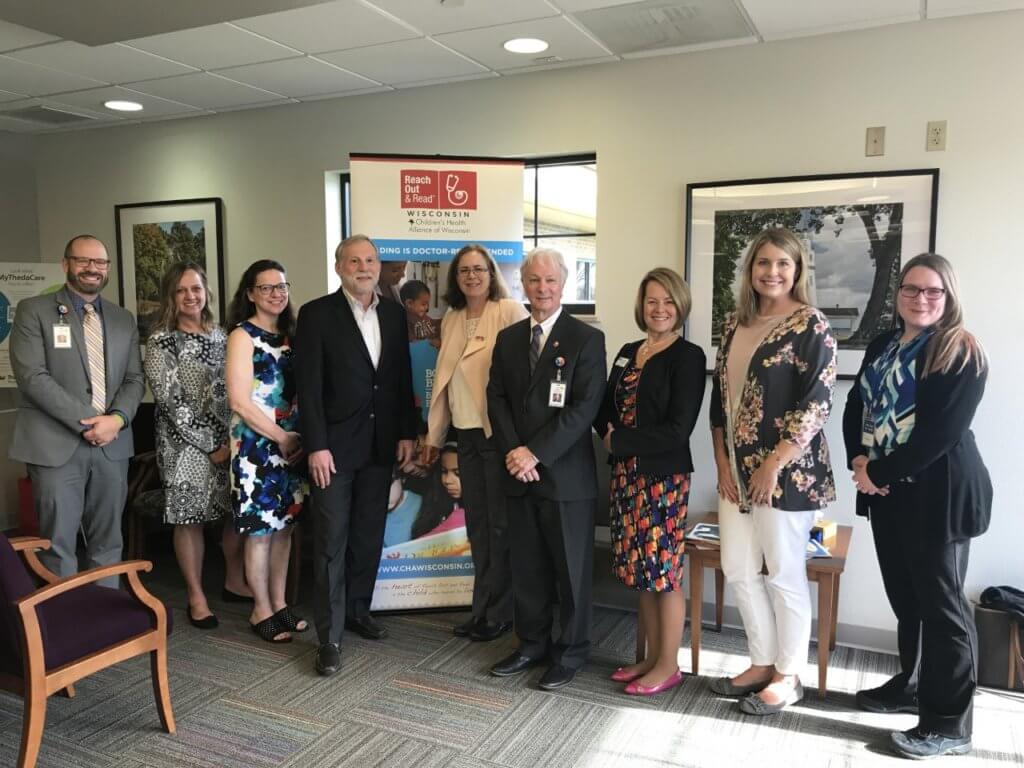












 is A Girl of the Limberlost by Gene Stratton-Porter. This is more of a young adult book but the way it is written brings the imagery to life.
is A Girl of the Limberlost by Gene Stratton-Porter. This is more of a young adult book but the way it is written brings the imagery to life. points in time, often centuries apart. and I could intimately relate to this book. My current favorite authors are Ken Follett as I love historical fiction and his long tomes span many years really drawing you into the lives of his characters. Kate Morton’s books are also outstanding. She has a unique way of weaving her stories together using perspectives from different
points in time, often centuries apart. and I could intimately relate to this book. My current favorite authors are Ken Follett as I love historical fiction and his long tomes span many years really drawing you into the lives of his characters. Kate Morton’s books are also outstanding. She has a unique way of weaving her stories together using perspectives from different by Atul Gwande. Most people don’t really understand what can happen at the end of life and this book really can provide perspective on what this can look like. As I always encourage my patients to have these difficult end-of-life discussions with their family and friends, this book helps the reader understand why these difficult conversations are important. Reading is the generally the last thing I do as I wind down my days.
by Atul Gwande. Most people don’t really understand what can happen at the end of life and this book really can provide perspective on what this can look like. As I always encourage my patients to have these difficult end-of-life discussions with their family and friends, this book helps the reader understand why these difficult conversations are important. Reading is the generally the last thing I do as I wind down my days.





